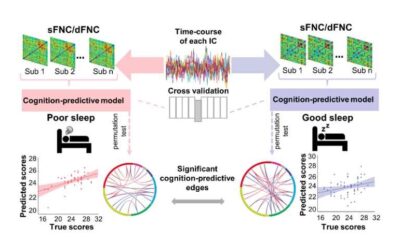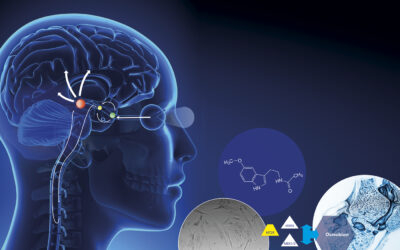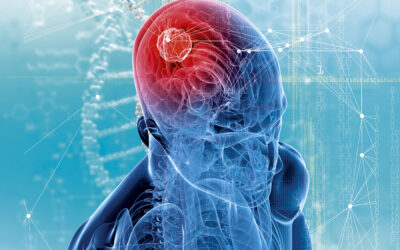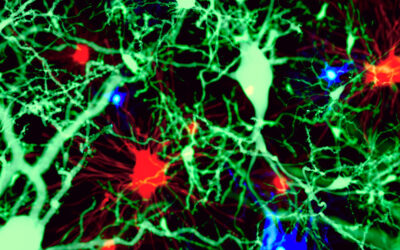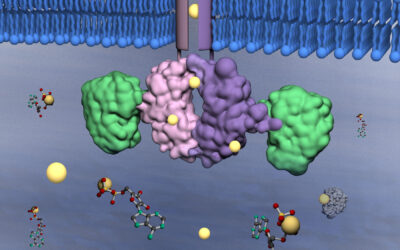In humans, aging is often associated with changes in sleeping patterns, cognitive abilities and functional network connectivity (i.e., the strength with which activity in different brain regions correlates over time). While many neuroscientists investigated these...
Medicine & Healthcare
Beyond sleep: exploring the ways in which melatonin communicates with cells
Melatonin is often perceived as the hormone of sleep, yet its mechanisms and functions have much broader implications. Through a series of biological dynamics, melatonin is known to help the body maintain circadian rhythms, but research has also linked it to bone...
Computational methods of researching cancer treatments
Artificial Intelligence (AI) and machine learning algorithms have the potential to bring substantial advances in the fields of research exploring complex diseases and trying to identify effective treatments. Dr Benjamin Haibe-Kains, working at The Princess Margaret...
A new terahertz medical imaging tool could provide early detection of corneal disease
Recent research in medical imaging found that tools based on terahertz (THz) frequency illumination could help map the distribution and movement of water near the surface of body tissues. Dr Warren Grundfest and Dr Zachary Taylor, at The UCLA Henry Samueli School of...
Unravelling microglial renewal and expansion during health and disease
Due to their similarities with other types of white blood cells, microglia, a type of glia within the central nervous system (CNS), have been regarded simply as cells with immune functions by scientists for a very long time. However, recent technological advancements...
Unveiling the neurobiological processes behind cognitive control
The biological underpinnings of human mental processes involved in acquiring knowledge, processing information and understanding experiences, have been substantially investigated throughout the years. Prof Christian Beste, working at University Hospital Carl Gustav...
Controlling magnesium flux: a central role for the PRL-CNNM complex
Magnesium is an essential metal ion for human health. However, its ability to act as a supplementary therapy against disease is a poorly understood area of science. Professor Michel L. Tremblay and his team at McGill University in Montreal, Canada, are looking to...
Exploring the impact of trust and world view on Indigenous patients’ engagement in shared decision making
Research studies have reported significant differences in cancer diagnoses and survival rates between Indigenous and non-Indigenous people in Canada. The factors and perceptions underpinning these disparities, however, are still poorly understood. Dr Gary Groot and...
Exploring the mechanisms of pathological fibrosis in scleroderma
Scleroderma is a devastating multiorgan disease that affects approximately2.5 million people worldwide. While there is currently no cure forscleroderma, researchers have been investigating its biological mechanisms,as further knowledge could prompt the development of...
Identifying Ways to Make the BEST Program Even Better – Professor Stephanie Wengert Watts, Michigan State University
Broadening Experiences in Scientific Training – or ‘BEST’ – is a program that aims to help biomedical students to explore and pursue expanded career options beyond traditional academic positions. While the program has been in place for a few years, the views of...

